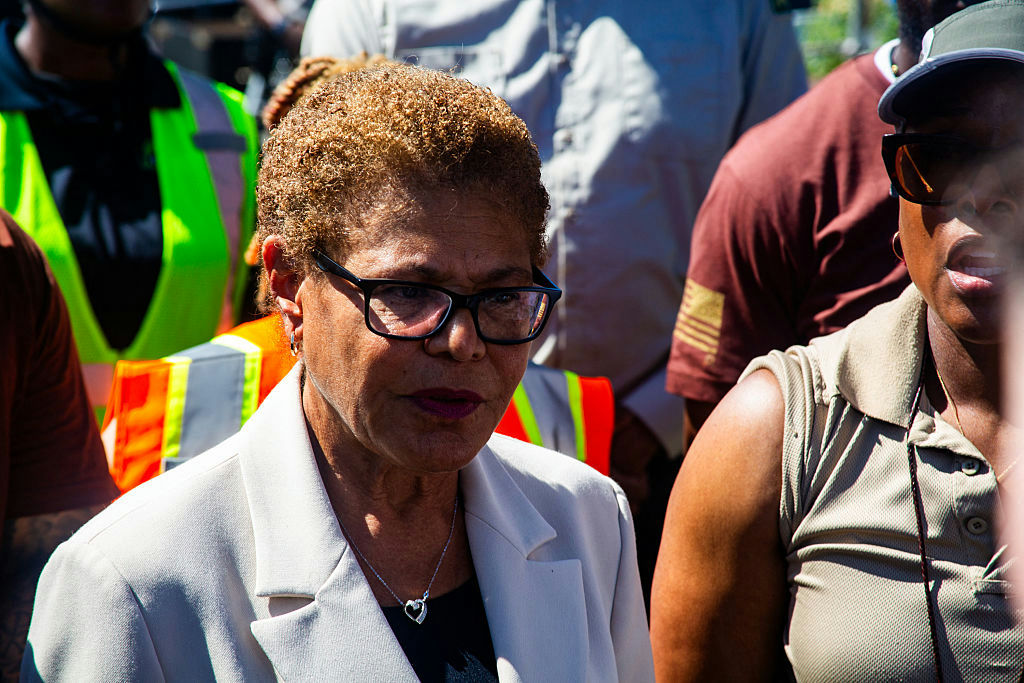Planning for a family? How to start saving to raise children
NEW YORK — Planning for a family? It's time to start saving. The estimated cost of raising a child from birth to the age of 17 is $233,610, or around $14,000 per year, according to the Department of Agriculture.
Those estimates were released last year based on numbers from 2015. So a baby born in 2018 will likely cost even more. It also varies depending on where families are raising their children. The USDA estimates the annual housing cost per child in urban areas is $3,900 while it's $2,400 in rural areas.
Those numbers can seem daunting, which is why Eric Malley, founder and CEO of MG Capital said prospective parents need to make saving part of their everyday routine.
"If you start early with an amount that is comfortable for your family, you'll find that your savings accounts will accrue. But most important, make investments that are going to preserve your principal and enable you to grow your family's wealth," he said.
Malley told CBS News that financial planners might try and steer younger clients towards riskier investment portfolios because they have more time to invest. But he said people need to do what they feel comfortable with.
"When you have risk in your portfolio, it might keep you awake at night," he said. "So thinking about investments where you have low volatility where investments are uncorrelated to the broader markets, where you know what you've already earned is actually gonna be there when you need it. So any type of investment that's going to allow you to outpace inflation is going to help you reach your goals."
Children can also learn about the value of savings. Malley recommends putting half a child's birthday money into a savings account, to instill those lessons early.
But the key for any family is making the commitment to start saving as soon as they can. Malley said it's a process that should start long before a child is getting ready to go off for college.
"People don't feel like they have enough money to talk about and the reality is that any amount of money that you can carve out of your income to save for your family is what's best for your family," Malley said.




